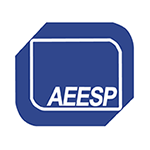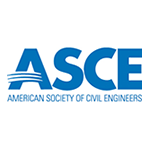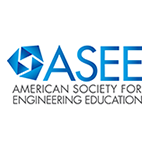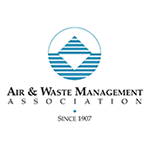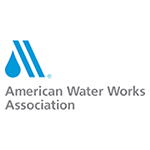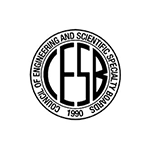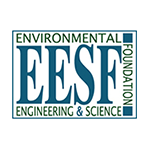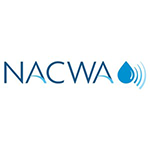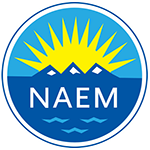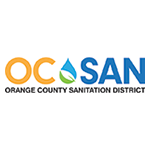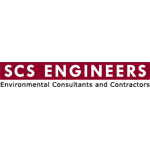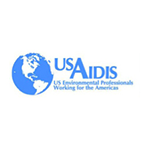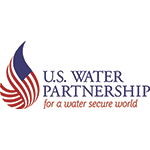- Home
- Contact Us
- News & Events
- Awards
- AAEES Awards Criteria
- 40 Under 40 Recognition Program
- Edward J.Cleary Award
- Excellence in Environmental Engineering and Science Education
- Gordon Maskew Fair Award
- Honorary Member
- International Honorary Member
- Ralph and Joe Bales Graber Science Award
- Stanley E. Kappe Award
- Environmental Communications Awards Competition
- Excellence in Environmental Engineering and Science Competition
- The AAEES Chapter Blue Marble Award
- Resources
- AAEES Microcredentials
- Annual Reports
- AAEES Press Releases
- AAEES Website How To VIdeos
- Environmental Engineer and Scientist
- Environmental Engineering Body of Knowledge
- PFAS Resources
- Specialty Examination Guide
- Students and Young Professionals Resources
- Who's Who in Environmental Engineering & Science®
- Leadership Opportunities
- Membership
- Donate
- Jobs
Why Board CertificationToday's complex engineering projects demand more than just a general knowledge of engineering practice - they require the special expertise that is gained only through years of experience. If you are a licensed engineer with at least eight years of full-time environmental engineering experience, the next logical step in your career development is to be board-certified in your specialty and to become a Board Certified Environmental Engineer (BCEE). If you are an environmental scientist with at least eight years of full-time environmental science experience, the next logical step in your career development is to be board-certified in your specialty and to become a Board Certified Environmental Scientist (BCES). The BCEE, BCEEM*, and BCES titles are internationally recognized as premium credentials that are awarded to experienced professionals who have demonstrated expertise in one or more areas of specialization. *Environmental engineers without a P.E. License (BCEEM) may be certified through Eminence. Some of the benefits of becoming Board Certified include:
|


